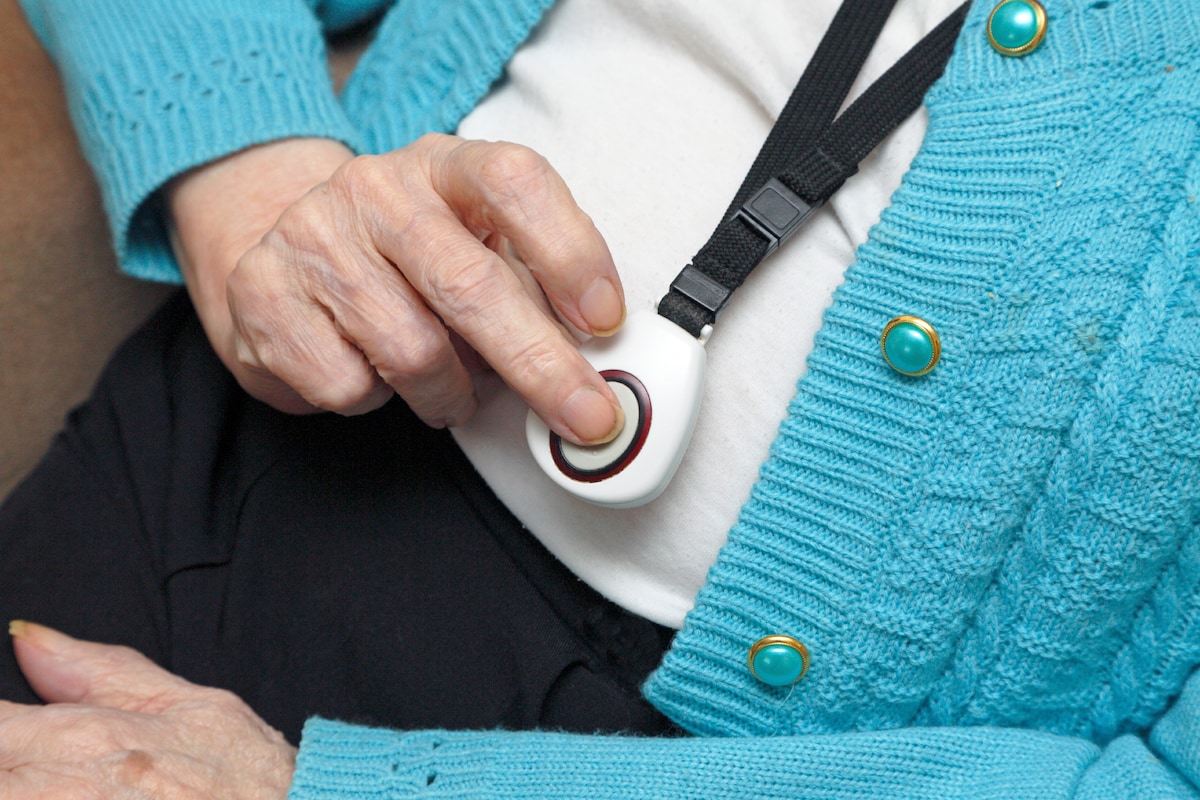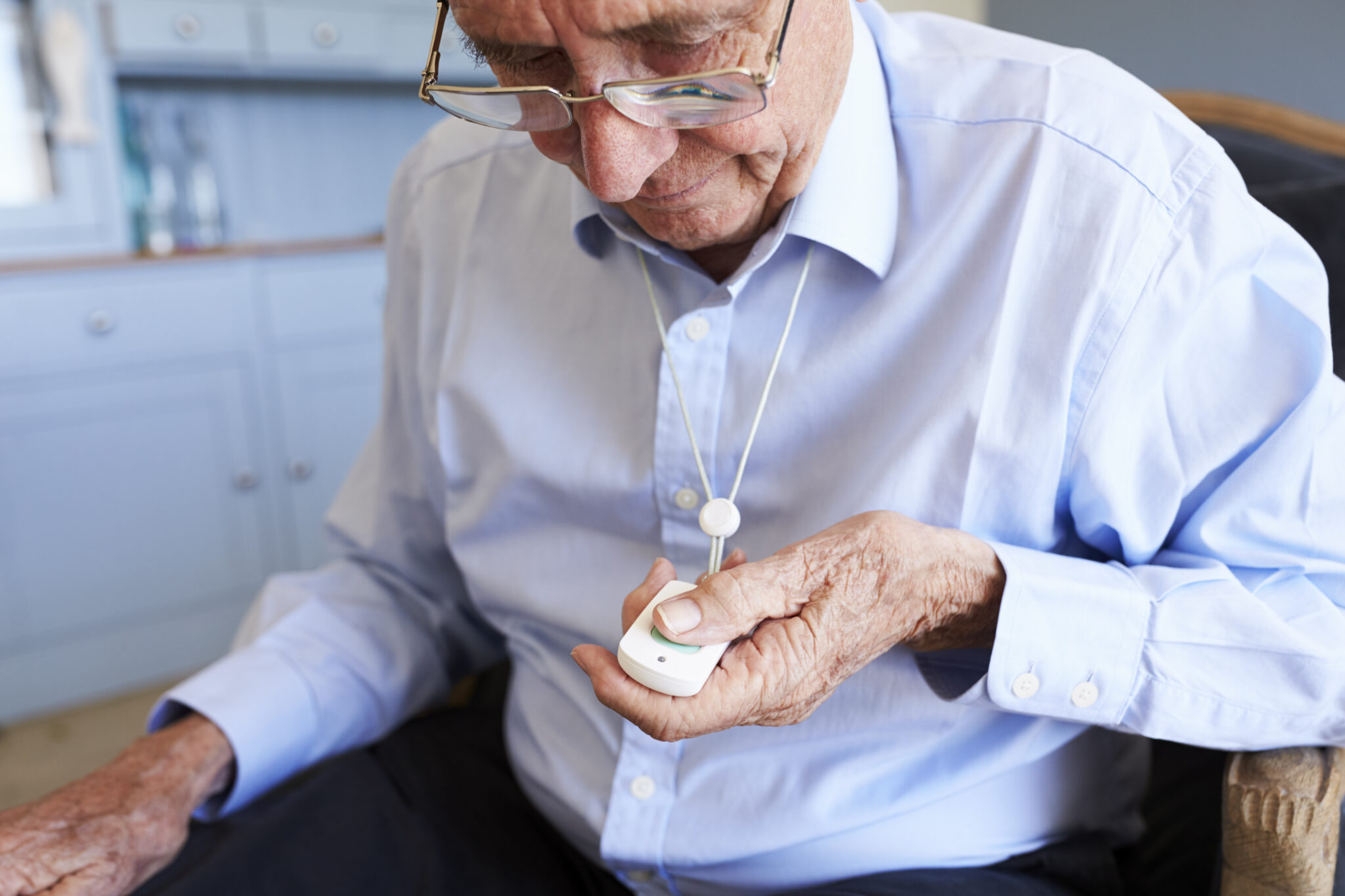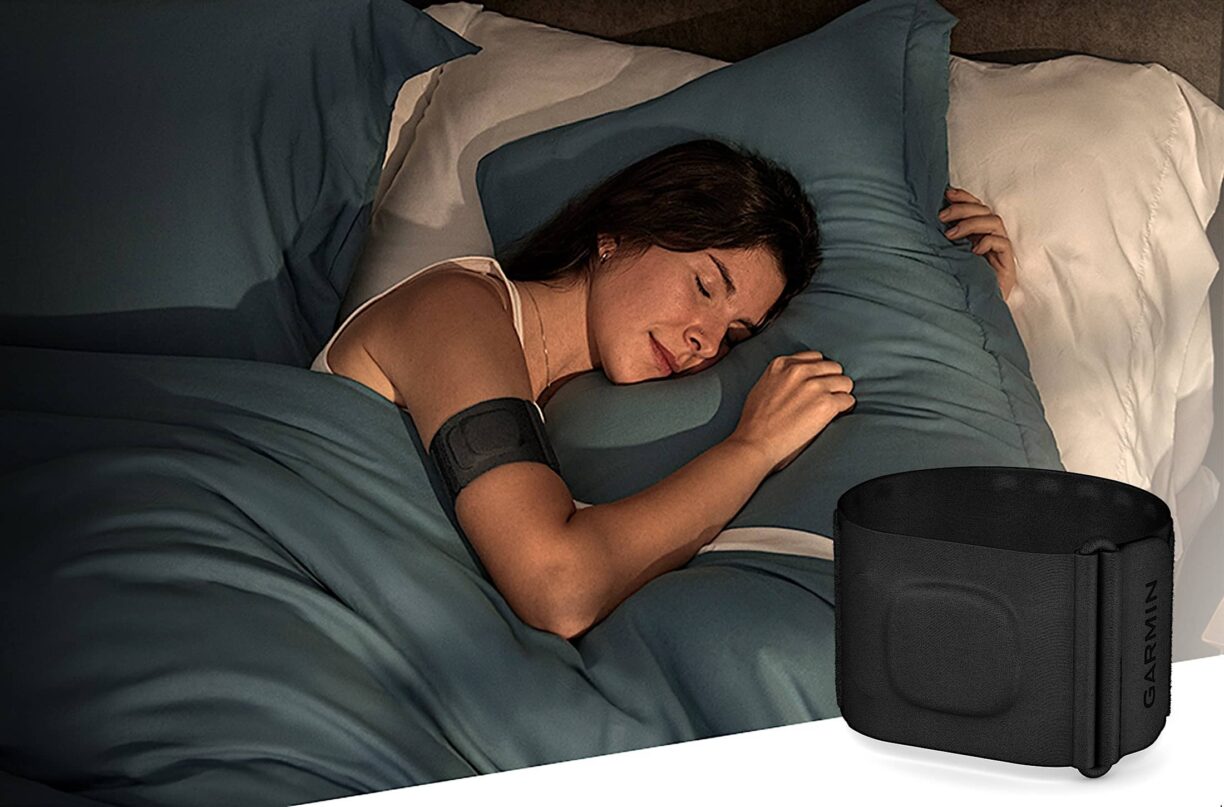In today’s fast-paced world, ensuring the safety and well-being of our senior loved ones has become more critical than ever. Advances in technology have brought about personal alarms that offer more than just a basic call for help.
These devices now come equipped with a variety of features, enhancing both safety and peace of mind. Modern personal alarms are not just about pressing a button during emergencies; they are tools designed to address the unique needs of seniors while enabling them to maintain their independence.
For seniors in Canada, personal alarms provide an added layer of security in their daily lives. Whether they live alone or with family, these devices cater to various health, mobility, and safety concerns.
If you’re considering personal alarms for seniors in Canada, understanding their functionality can help you make informed choices that prioritise the well-being of your loved ones.
What Are Personal Alarms, and Why Are They Important?

Personal alarms are small, portable devices that allow seniors to signal for help during emergencies. Traditionally, these devices were basic, featuring a single button that, when pressed, would alert a designated responder. However, as technology has evolved, so have personal alarms. Today, they offer features like fall detection, GPS tracking, and two-way communication.
The importance of these alarms lies in their ability to provide a quick response in critical situations. Whether it’s a medical emergency, a fall, or simply the need for reassurance, personal alarms are lifelines that reduce response times and enhance the overall safety of seniors.
Key Features of Modern Personal Alarms
Modern personal alarms go beyond the basics to offer a range of functionalities that cater to seniors’ diverse needs. Let’s explore some of the key features that make these devices indispensable.
1. Fall Detection
One of the most common risks for seniors is falling, which can lead to severe injuries. Fall detection technology uses sensors to automatically detect a fall and alert emergency contacts or monitoring centres, even if the senior is unable to press the button.
2. GPS Tracking
For seniors who enjoy an active lifestyle, GPS tracking is a vital feature. It allows caregivers and family members to know the exact location of their loved ones, ensuring they can be found quickly in case of an emergency or if they wander off.
3. Two-Way Communication
Many personal alarms now come with built-in speakers and microphones, enabling two-way communication. This feature is especially helpful for providing immediate reassurance to the senior and understanding the nature of the emergency.
4. Water Resistance
Given that many accidents happen in bathrooms, having a water-resistant personal alarm ensures that seniors can stay protected even in wet environments.
5. Medication Reminders
Some personal alarms are equipped with features that remind seniors to take their medications, helping them stay on track with their health routines.
6. Long Battery Life
A device with a long battery life ensures uninterrupted service, reducing the risk of the alarm failing when it’s needed the most.
How Personal Alarms Promote Independence
Personal alarms empower seniors by providing them with a sense of security, enabling them to live independently. The knowledge that help is just a button press away encourages seniors to engage in daily activities without constant supervision. This independence is crucial for maintaining their dignity and overall quality of life.
Additionally, the advanced features in modern alarms, such as GPS tracking and fall detection, offer peace of mind to family members, who can feel reassured knowing that their loved ones are safe even when they are not physically present.
Choosing the Right Personal Alarm
Selecting the right personal alarm can feel overwhelming due to the variety of options available. Here are some factors to consider when making your decision:
1. Ease of Use
Seniors need a device that is simple to operate, with clear buttons and intuitive functionality.
2. Range of Coverage
Depending on whether the senior is primarily indoors or frequently outside, consider alarms that offer either local or nationwide coverage.
3. Monitoring Options
Some alarms are monitored by professional services, while others alert family members or caregivers directly. Choose the option that aligns best with your needs.
4. Battery Life
Look for devices with long battery life or easy charging options to ensure reliability.
5. Additional Features
Think about whether features like GPS tracking, fall detection, or medication reminders are necessary for the senior’s lifestyle and health needs.
Addressing Common Misconceptions
Despite their benefits, some people have reservations about personal alarms. Let’s address a few common misconceptions:
1. “They’re Only for Emergencies.”
While personal alarms are designed primarily for emergencies, their features, such as medication reminders and GPS tracking, provide everyday support as well.
2. “They’re Complicated to Use.”
Modern devices are built with simplicity in mind, featuring large buttons and easy-to-navigate interfaces.
3. “They’re Expensive.”
The cost of personal alarms varies widely, but many affordable options are available. Considering the safety and peace of mind they offer, they are a worthwhile investment.
4. “They Limit Independence.”
On the contrary, personal alarms enable seniors to live independently by providing a safety net, allowing them to explore their environment without fear.
Integrating Personal Alarms into Daily Life
The success of a personal alarm largely depends on how well it is integrated into the senior’s daily routine. Here are some tips for seamless integration:
- Make It Accessible: The device should be worn at all times, whether as a pendant, wristband, or clipped onto clothing.
- Set Up Emergency Contacts: Ensure that the alarm is linked to trusted responders, whether family members or a professional monitoring service.
- Test Regularly: Conduct periodic tests to ensure the alarm is functioning properly.
- Provide Training: Familiarize the senior with the device’s features and how to use it effectively.
The Future of Personal Alarms
As technology continues to advance, the potential for personal alarms is limitless. Future developments may include enhanced health monitoring features, like real-time heart rate or blood pressure tracking, and even AI-driven predictive analytics to anticipate emergencies before they occur. These innovations will further solidify the role of personal alarms as essential tools for senior safety.
Final Thoughts
Personal alarms have come a long way from their basic beginnings. With modern features like fall detection, GPS tracking, and two-way communication, these devices offer comprehensive solutions tailored to the unique needs of seniors. They promote independence while providing a vital safety net, ensuring that help is always within reach.
By choosing the right personal alarm and integrating it into daily life, you can enhance the safety and well-being of your senior loved ones.
Whether you’re in Canada or elsewhere, these devices provide peace of mind for both seniors and their families, bridging the gap between independence and security.
In a world where safety is paramount, personal alarms are more than just buttons—they’re lifelines that keep our loved ones safe and connected.





